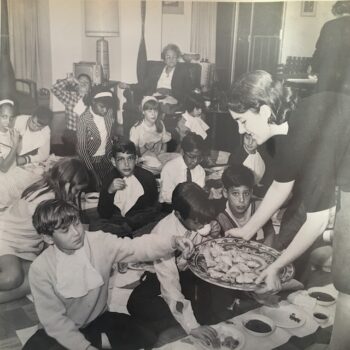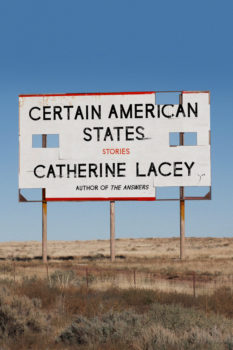Image via author website
I met Sands when I enrolled in her “Tools of the Writer’s Craft: Novel” workshop at the Iowa Summer Writing Festival in 1997. I subsequently returned to Iowa to take other workshops of hers. We’ve stayed in touch, and I’m proud to say that we’re friends.
In her fiction workshops, Sands excels at every staple that I’ve found scattered—all too often, all too piecemeal—in other instructors’ classes. She shares excellent reading lists and excerpts. She explains craft elements clearly. She assigns superb exercises. She provides extensive, incisive feedback on each manuscript in writing and in conference. And she negotiates the emotions and tensions that writers often bring to workshops with ease, equanimity, and kindness.
What makes Sands a writing teacher to emulate is not only that she offers her students all of the above, but also that she—atypically, in my experience—emphasizes another crucial element: how to read and respond to other writers’ manuscripts and prepare critiques. Back in 1997, she made a convincing case for the benefits of mastering the art and craft of the critique. Even better, she gave us the tools to begin doing so.
 Our workshop packet opened with 14 typed pages on “The Workshop Process.” Pages five to eight bore the essential subtitle “Preparing a Manuscript for Discussion in Workshop.” Other subsections included “For the Writer Whose Work is Being Discussed,” “Regarding Novel Segments,” and “Regarding Workshop Leaders, and the Occasional ‘Bad’ Workshop.”
Our workshop packet opened with 14 typed pages on “The Workshop Process.” Pages five to eight bore the essential subtitle “Preparing a Manuscript for Discussion in Workshop.” Other subsections included “For the Writer Whose Work is Being Discussed,” “Regarding Novel Segments,” and “Regarding Workshop Leaders, and the Occasional ‘Bad’ Workshop.”
You don’t have to be enrolled in a Sands workshop to access all of this wisdom. Another version appears at the beginning of her 2005 book, also called Tools of the Writer’s Craft (and the subject of this Q&A on my website).
So if I were to begin leading workshops again, I could simply study my copy of Tools of the Writer’s Craft. But I’d much rather visit one of Sands’s classrooms and experience anew the magic of a workshop that “works” so beautifully. To be once again “under the influence” of the gracious, generous, and gifted Sands Hall.
Further Reading:
- Learn more about Sands Hall at her website
- Read Sands Hall’s story “Hide and Seek” from the Iowa Review
- Learn more about Erika Dreifus at her website





